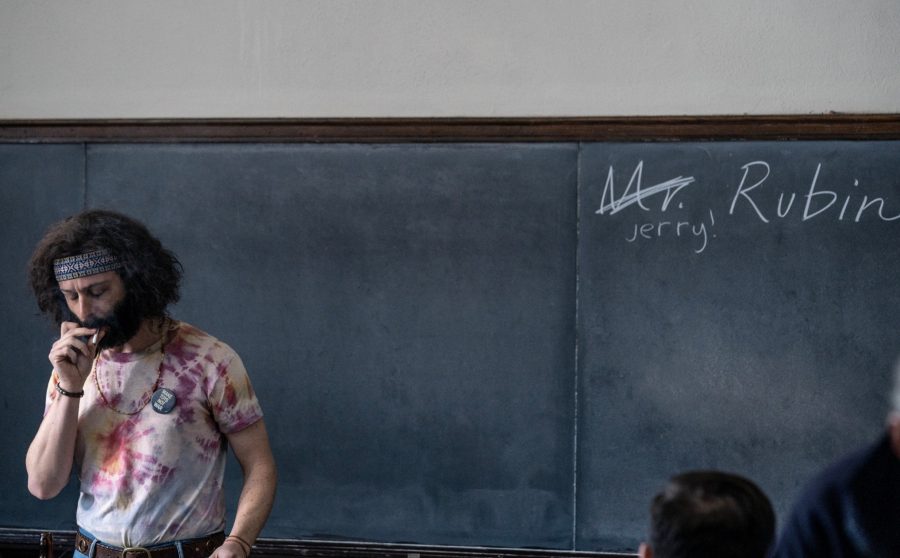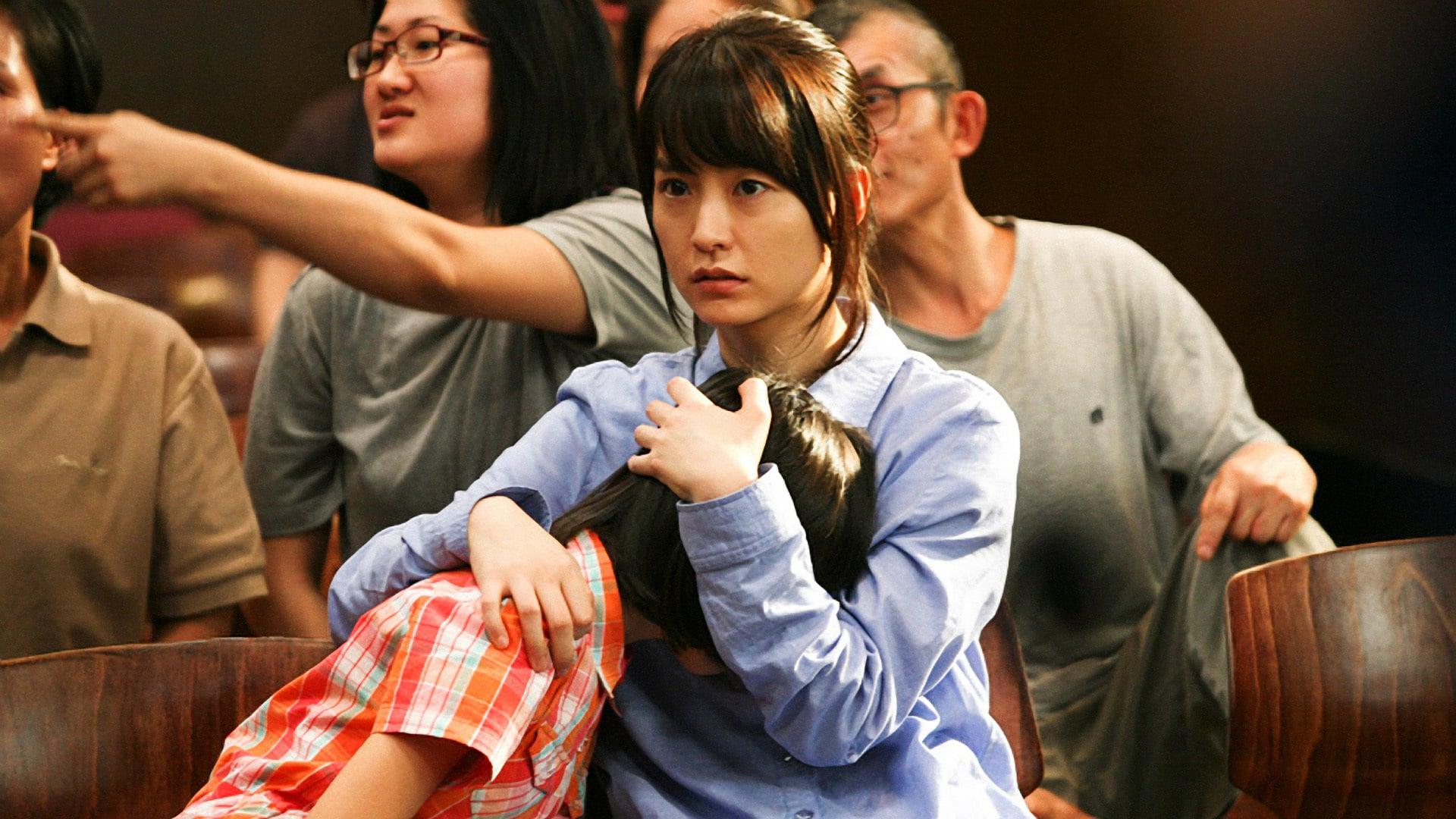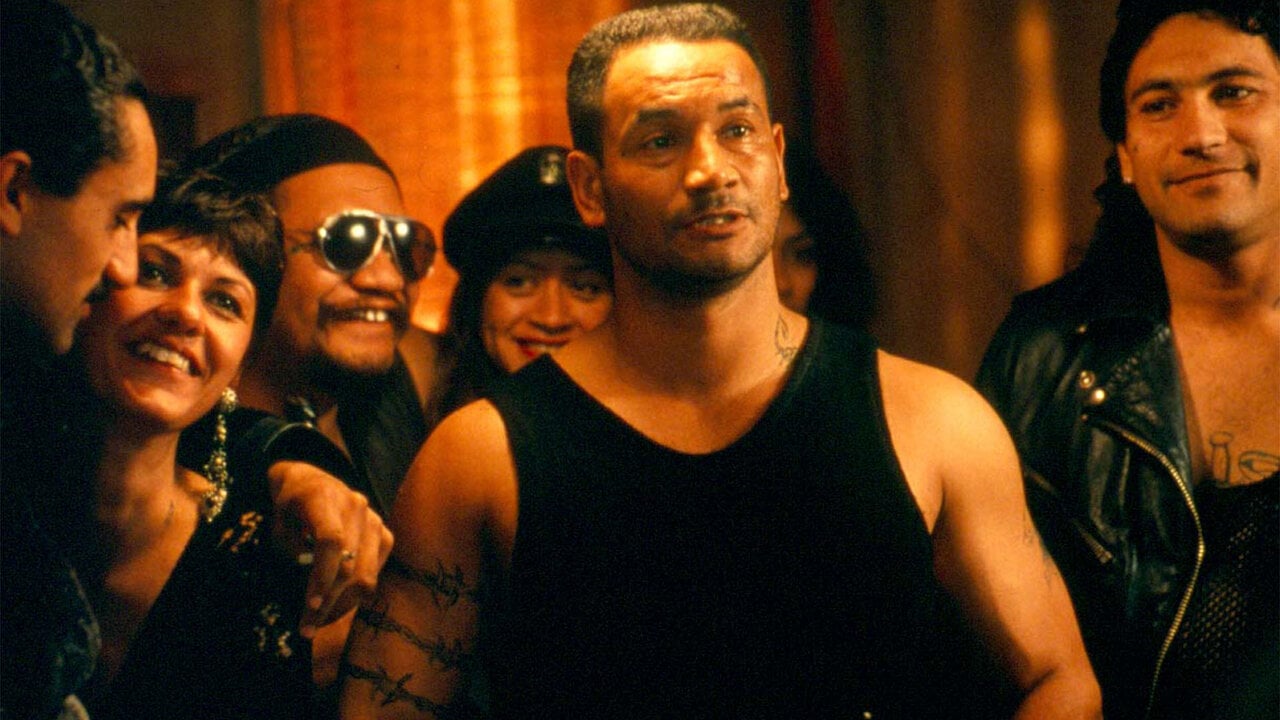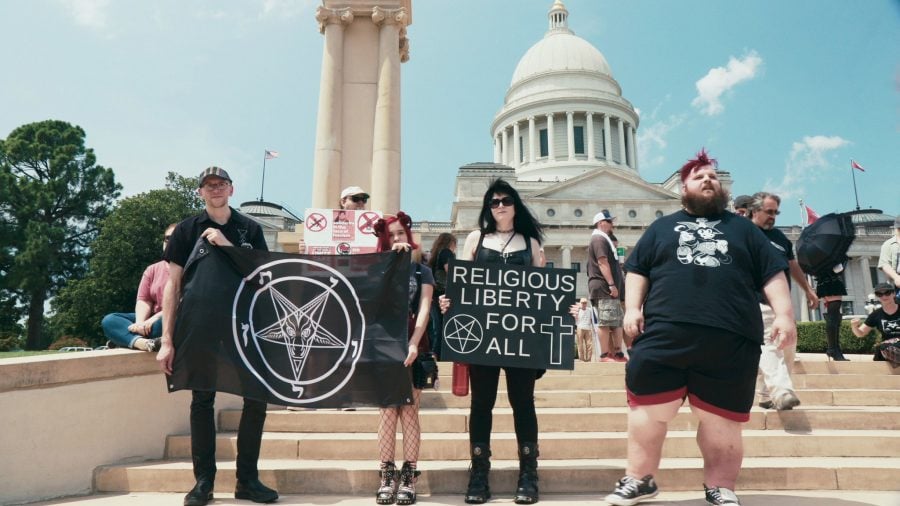Rustin (2023)

6.5
Movie
TLDR
Not a movie that’s worthy of awards, but it’ll make a solid staple of history classrooms.
What it's about
The take
An unsung hero of the civil rights movement gets the customary Oscar bait treatment in this biopic. Though he was instrumental in organizing the historic March on Washington — which helped force the US government to enshrine civil rights — gay Black activist Bayard Rustin isn’t the household name his peers are. In an inversion of that narrative, figures like Martin Luther King appear here as supporting characters to Colman Domingo’s Bayard.
Domingo’s energetic, commanding performance holds the center of the film, but he’s ill-served by the formulaic approach to storytelling that unfolds around him. More than a few scenes feel like they were written, directed, and performed with an eye to making awards ceremony clips, giving the film a disjointed, self-aware air. And yet, for all the limits of its by-the-numbers approach, Rustin does manage to pack in glints of insight. By virtue of who he was, Bayard will never not make for a compelling central figure — so even lackluster filmmaking can’t sap this inherently radical material of all its power. Though not without its flaws, then, the film is valuable for the light it sheds on the polarising effect Bayard's identity as a gay Black man had within the movement and the intersectional depths he nevertheless brought to it.
What stands out
Where the film’s energy sputters and starts, Domingo is a consistently dynamic presence. Where the movie coasts on a formula, he gives it nuance. He paints Bayard as a resolutely committed leader of the cause worthy of admiration and a complicated human being, whose sharp wits and theatrical flair can’t entirely conceal the pain of the personal struggles that stem from his then-controversial sexuality. Though he’s ultimately constrained by the movie around him, his performance manages to transcend those limits and make Rustin memorable.
Comments
Your comment
UP NEXT
UP NEXT
UP NEXT
Curated by humans, not algorithms.

© 2025 agoodmovietowatch, all rights reserved.















